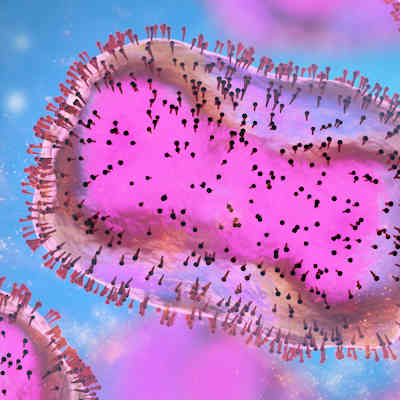 Scientists identify infectious monkeypox virus mutations
Scientists identify infectious monkeypox virus mutations
University of Missouri researchers have identified the specific mutations in the monkeypox virus that make it so infectious. The results could lead to modified versions of existing drugs or the development of new ones. Read More
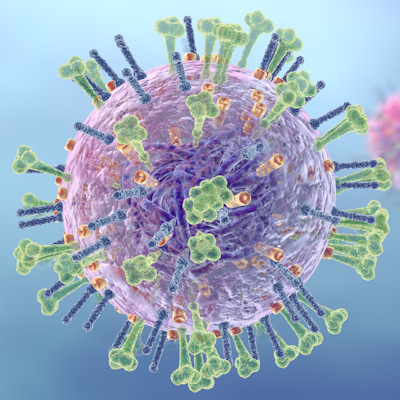 Influenza replication structure revealed, making way for new antivirals
Influenza replication structure revealed, making way for new antivirals
Collaborative research between the University of Oxford and Diamond Light Source has revealed detailed influenza replication structures. The study, published November 3 in the journal Trends in Microbiology, furthers understanding of the virus’ adaptation to different hosts, and may lead to new antiviral drugs. Read More
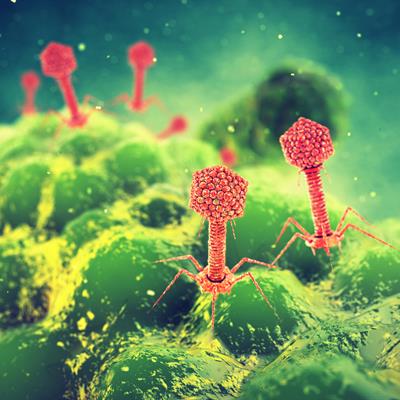 Anti-herpes drug weakens antibiotic-resistant bacteria
Anti-herpes drug weakens antibiotic-resistant bacteria
An anti-herpes drug discovered in the 1960s weakens the protective surface of an antibiotic-resistant bacteria and makes it easier for the immune cells to eliminate the bacteria, researchers from Switzerland found. Read More
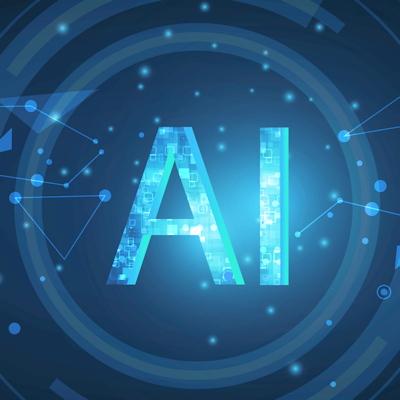 AI streamlines enzyme engineering
AI streamlines enzyme engineering
Osaka University researchers used artificial intelligence (AI) to streamline enzyme engineering, potentially improving enzyme suitability for custom purposes including pharmaceutical production. Read More
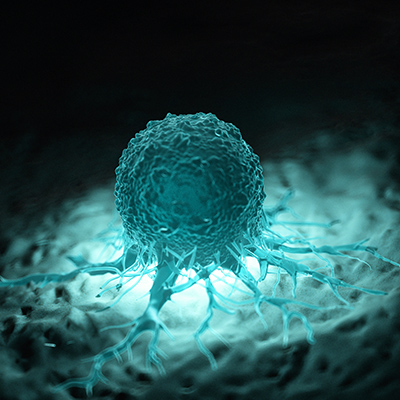 Scientists prevent resistance in protein 'degrader' cancer therapy
Scientists prevent resistance in protein 'degrader' cancer therapy
The latest oncology drugs target and degrade harmful pathogenic proteins. However, researchers have identified resistance mechanisms to this treatment and how to overcome them. Read More
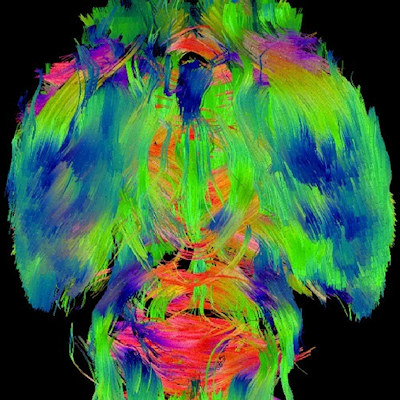 Mouse study reveals how synapses consolidate memories
Mouse study reveals how synapses consolidate memories
Researchers at the National Institute of Neurological Disorders and Stroke have discovered a new daily rhythm in the inhibitory synapses that dampen brain activity and consolidate new information into long-lasting memories. Their study in mice may help explain how synaptic changes enhance human memory. Read More
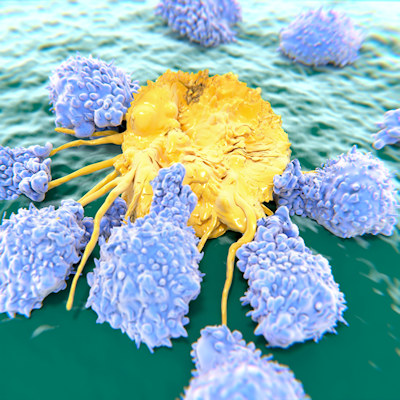 Researchers develop novel platform to improve immunotherapy
Researchers develop novel platform to improve immunotherapy
Researchers have discovered a novel pathway very early during in vitro differentiation that supports the emergence of T cells and natural killer cells from human induced pluripotent stem cells. Read More
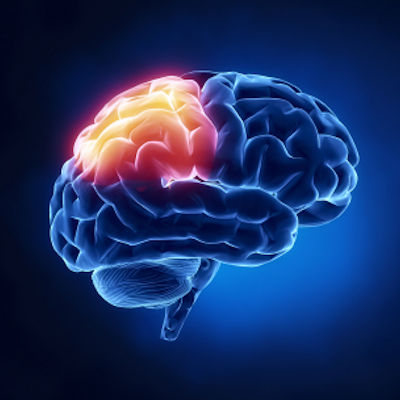 Autism affects the brain writ large: study
Autism affects the brain writ large: study
Autism affects not only the portions of the brain related to social behavior and language but also the cerebral cortex, a new University of California, Los Angeles study finds. Read More
 Study finds certain lymphoid cells not superfluous, offers insight into inflammatory diseases
Study finds certain lymphoid cells not superfluous, offers insight into inflammatory diseases
A new study reveals group 2 innate lymphoid cells are not redundant and in fact are essential for protecting the skin, gastrointestinal tract, airways, and other barrier tissues from parasitic infections as well as damage associated with allergic inflammation and asthma. Read More
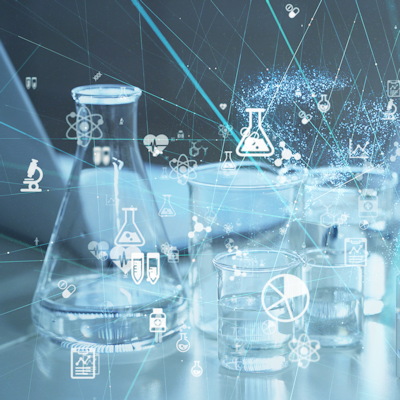 AI proves its mettle against humans in protein self-assembly test
AI proves its mettle against humans in protein self-assembly test
An artificial intelligence (AI) program narrowly beat humans at predicting protein design and self-assembly, a new study reveals. In the experiment, the AI did as good or better on several datasets than humans, demonstrating the potential of machine learning to overcome human bias. Read More
Member Rewards
Earn points for contributing to market research. Redeem your points for merchandise, travel, or even to help your favorite charity.
Research Topics
Interact with an engaged, global community of your peers who come together to discuss their work and opportunities.
Connect
Tweets by @ScienceBoard



